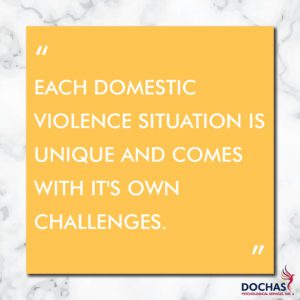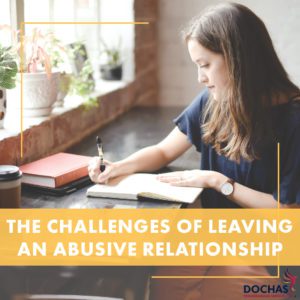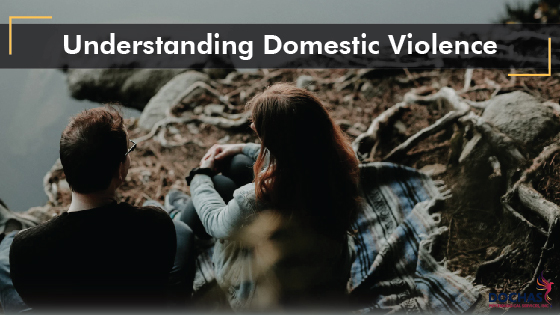If you landed on this blog you may be experiencing domestic violence and seeking advice, you might have a loved one who is a victim and is in need of a domestic violence safety plan, or maybe you just want to learn more about domestic violence. Whatever your situation may be, it is important to understand the complexity of domestic violence, and how victims can create a safety plan for themselves. We often get questions about how to deal with domestic violence. A key suggestion we give to many of our clients is to create a safety plan with a professional. We wrote this blog to help answer some common questions about domestic violence, to give advice for victims who are in an abusive relationship, and to talk about the importance of safety plans.
What Is Domestic Violence?
Alberta Crisis Support defines domestic violence as violent or abusive behaviour in an intimate or dependant relationship. These types of relationships can vary, but they are most often family or spousal relationships.
Dealing With Domestic Violence
Dealing with domestic violence is not black and white and there is no simple solution. Each person’s situation is unique and comes with it’s own challenges. The way a person responds to domestic violence is a reflection of their own special circumstances.
It can be difficult to leave a violent situation for a number of reasons, all of which are equally difficult and valid. Finances may be a large barrier, you may feel a sense of obligation to your abuser, maybe you have nowhere else to go, or you might still be in love with your partner. It is important to remember that feelings of hesitation to leave are okay, and your circumstances may not be as simple as just leaving the abusive relationship.
The Challenges of Leaving an Abusive Relationship
 The dynamics of your family or relationship can change before, during, and after the duration of the abusive relationship. If there are children or pets involved, if you’re married and have to think about filing for divorce, or if you have financial ties to the person, these can all impact the path you take to moving on.
The dynamics of your family or relationship can change before, during, and after the duration of the abusive relationship. If there are children or pets involved, if you’re married and have to think about filing for divorce, or if you have financial ties to the person, these can all impact the path you take to moving on.
You may experience feelings of loneliness, shame, guilt, fear, or grief about the relationship ending, or you might feel none of these. You may also have overwhelmingly positive emotions about it. Whatever feelings you experience can impact how you view other relationships in your life, and you might find shifts in the support you receive from friends, family, work colleagues, religion or faith groups, and so on.
Why Do Some People Stay in an Abusive Relationship?
We’ve established a number of reasons why you may continue to stay in the abusive relationship. There may also be cultural factors that influence your decision to stay with or even return to the person. If you decide to remain with or return to your partner (whatever the reason), it is important to be realistic about your expectations for change within your relationship.
Whether you decide to stay in the relationship, you’re planning to leave, or you have already left, we strongly recommend creating a safety plan with a professional who can accurately assess your level of risk and create appropriate steps to ensure you and your family are as safe as possible.
Your Safety Is Most Important
The most important thing to do while you are making your decisions about your relationship is that you be kind to yourself, and remember that this is a complex situation that requires a lot of considerations.
If you need more information on domestic violence, or if you are seeking further advice and guidance, you can book an appointment with one of our Psychologists at Dochas.
If you require immediate support, you can call the National Domestic Violence Hotline here.
About Dochas Psychological Services
Dochas Psychological Services is a well-established and trusted therapy clinic located in Spruce Grove, Alberta. At Dochas we value the idea that everyone deserves a safe space. Through connection and education, our team works hard to build a trustworthy relationship with each of our clients. It is our goal to create a community for our clients to feel like they belong.
Disclaimer
Information provided through Dochas Psychological Services blogs or vlogs are meant for educational purposes only. They are NOT medical or mental health advice. You can read more about our disclaimer here.


1 Comment.
[…] isn’t always possible. In instances where domestic violence has occurred or addiction is an issue, co-parenting might not be the best situation for the […]